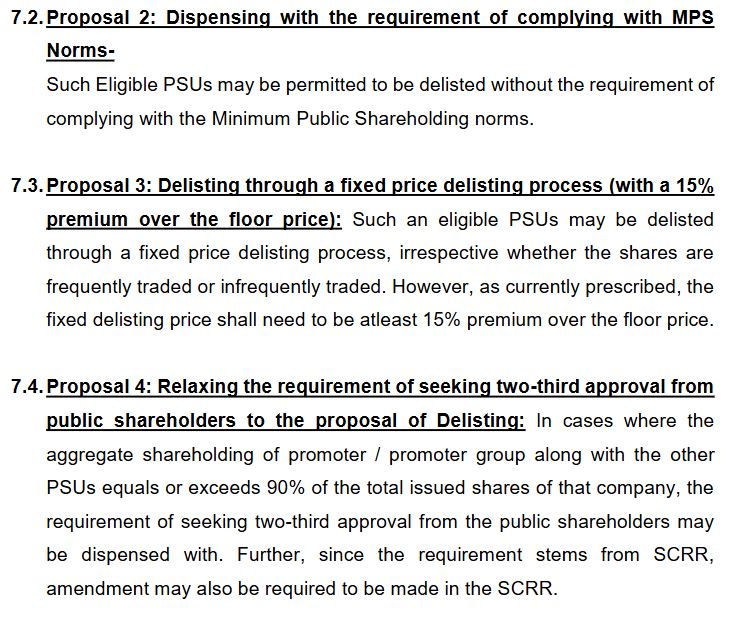There are some genuine queries regarding this. It was clarified by the exchanges couple of weeks ago.
Please see the new thread below for further clarification
Please see the new thread below for further clarification
https://twitter.com/amitgupta0310/status/1287389997759205376
(1) The minimum margin requirement for BUYING stocks from the client can be 20% of the trade value instead of (earlier decided) full 100% VAR+ELM
In such case, broker will make up for the difference between this 20% and VAR+ELM from its own capital. Most will be happy to do so
In such case, broker will make up for the difference between this 20% and VAR+ELM from its own capital. Most will be happy to do so
(2) 20% margin is NOT required for selling holdings from DP if your broker is doing EPI by 7:30 pm on T-day. Contact your broker to ensure this. Most are doing it as that means higher efficiency and more business.
(3) In case you are selling holdings from DP, you are free to buy from those sell proceeds. You can buy Stocks or F&O positions.
The stock being EPI ]as mentioned in (2)]can be considered as margin.
The stock being EPI ]as mentioned in (2)]can be considered as margin.
(3a) There is one exception to point (3)
If you sell something from the DP holdings, you cannot buy back the same stock on the same day because in that case, EPI is not possible and hence you need to have margin in your account.
If you sell something from the DP holdings, you cannot buy back the same stock on the same day because in that case, EPI is not possible and hence you need to have margin in your account.
(3b) Infact broker will not allow you to even place such a trade because penalty is on broker, not on client. The complete onus is on them to implement the new margin system.
(3c) If you are selling stocks to buy options, there is one more exception.
Credit from selling overnight long option positions can’t be used to trade in futures, buy stocks, or write options, but only to enter new options positions until T+1
Credit from selling overnight long option positions can’t be used to trade in futures, buy stocks, or write options, but only to enter new options positions until T+1
(4) Now understand the pledging system for extra margin.
You put your stocks as collateral for F&O. With new rules, stocks will remain in your demat account (and not broker pool account). The pledging and repledging needs to be done with this new format.
You put your stocks as collateral for F&O. With new rules, stocks will remain in your demat account (and not broker pool account). The pledging and repledging needs to be done with this new format.
(4a) Every broker was hoping to get extension on this today but when it did not came, the pledges made in the old system got unwounded and will be repledged by new rules from tomorrow.
Issue was w/ few brokers whose system was not ready. They let the clients do it on their own
Issue was w/ few brokers whose system was not ready. They let the clients do it on their own
(5) Now for intraday leverages
For intraday cash trades, max 20% of VAR+ELM will be charged or 5x leverage given (This is from 1st Sept, 2020)
For F&O intraday trades, SPAN+exposure need to be collected upfront. This was applicable from 1st Oct 2019 (and not a new rule)
For intraday cash trades, max 20% of VAR+ELM will be charged or 5x leverage given (This is from 1st Sept, 2020)
For F&O intraday trades, SPAN+exposure need to be collected upfront. This was applicable from 1st Oct 2019 (and not a new rule)
• • •
Missing some Tweet in this thread? You can try to
force a refresh





